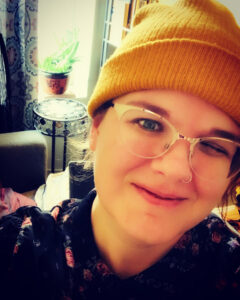Chyna Vazquez
August 31, 2020
ENG1121
Word Count: 318
Quote 1: “Thus, members of a DC may have different first languages, different religions, and belong to diverse ethnicities” (Swales, par. 8).
Response: It is interesting to learn that some discourse communities are diverse. Many may belong to a particular DC but share different beliefs.
Quote 2: “However, it is unclear whether, in this era of cell-phones, family dispersion, a fluid and uncertain job market for the young, the rise of international trade, and the decline of local crafts and industries, traditional speech communities continue to exist in meaningful numbers” (Swales, par. 9).
Response: This quote really stuck out to me because this is the era of cell-phones. Everyone in the 21st century has a cellphone. Teens often communicate through text messages or even social media.
Three discourse communities I participated in:
- Church Youth Group: One of our values was connection. We make sure that everyone in the group feels like they belong and valued. Our goal is to spread the faith to youths. Our form of communication was texting. We had a group chat whenever our meetings were cancelled or postponed.
- National Honor Society: NHS is a society for the recognition of scholarly achievement. One of the main requirements to be part of this group in high school was to have a cumulative GPA of 85. Our values were character and leadership. The student must demonstrate honesty and high standards. A leader must be able to work with others and contribute to new ideas.
- Soccer Team: Throughout high school, I played in the school’s soccer team. My position in the field was midfield. One of our most important values as a team was teamwork, communication, and commitment. Our objective as a team is to work together to win as many games in order to make it to the playoffs. We must be able to communicate and yell out our teammates’ names to try and soccer a goal.





Leave a Reply